A. Hush
B. Jacqueline Woodson
C. n/c
D. Scholastic Inc., 2002
E. novel, realistic fiction
F. 6-8
G. Hush is the story of a middle school age girl who lives in Denver, Colorado. Her father, a Denver policeman, witnesses the unjust murder of an African-American boy, killed by two of his fellow policemen. After a while, Toswiah's father decides to speak out against the murder. The family receives a lot of death threats and enters the witness relocation program. They are moved far away from their home in Denver and must take on new names. Toswiah, now Evie, struggles to accept what has happened and how this "punishment" is a just consequence for doing the right thing. Evie takes up track and does very well at it. Over time, she begins to accept her new destiny, saying that maybe God came up with a better plan for her life so she had to start over again. She says, "I think in the middle of everything, God changed His mind. And maybe, just maybe, came up with a better idea... My life is a rewrite. I hope this is the last revision" (180).
H. Wow. What a powerful story. I can't even imagine how Toswiah/ Evie and her family must have felt when they were taken out of their lives suddenly during the middle of the night and redeposited in a place far away, denied any contact with their old life, save a few vague letters to and from Grandma. It seems like such an undeserved consequence for doing the right thing, for speaking out for a life that was taken just because the boy was the wrong color. Toswiah and her family are victims just as much as the murdered boy; they both had their lives taken away from them without cause. The hatred that the family faced as a result of Toswiah's father doing the right thing astounded me. It saddens me that this kind of ignorance and hatred isn't just something that we find in books either. Like in Rosa, these people were persecuted based on the color of their skin; they broke no laws.
Because the author let us inside of Toswiah's head to witness her innermost thoughts, I felt completely connected to her. I felt as if I almost knew her. Woodson's descriptions of the expressions and actions of the characters made them really come to life, as if Toswiah's father were just in the next room staring out a window, or her mother were sitting at my kitchen table studying her Bible. This truly is a great work of realistic fiction because I know that there are families who have been relocated through the Witness Protection Program and the events of this story are completely believable. Woodson makes the story so real.
My favorite part of the book was the very end. I love the way that Toswiah finally comes to terms with her new life. The way she calls her life a "rewrite" gives me a little sense of hope. If she can come away from this situation with a new outlook on life, then there is nothing that anyone can face that can't be overcome. She shows such strength at the end, such hope. Her simile comparing her life to a play where God said "Cut!" right in the middle stuck out to me. I've heard of life being a stage but just the way she says it makes it take on a slightly different meaning; it's more innocent and heartfelt.
I. Hush teaches many great lessons. First, there is the lesson of racism. The boy was murdered because he happened to be black. Then, because of Toswiah's father witnessing the crime and speaking out about it, his blackness becomes a sort of stigma where it had never been an issue before. Secondly, this is a great book to teach about accepting your situation and working to overcome it. Toswiah had everything taken away from her and yet was able to see the light at the end of the tunnel. One could also delve into the Witness Protection Agency and research to see what all it does and how it works. As with Rosa, I think this book would be great for looking at instances when one should "rock the boat." I would have students think of those instances and share them with the class. I would also have students do an activity like what we did with Aleutian Sparrow. I would have each student make a list of what/who they would take with them if they were forced to leave their homes. After the lists are made, I would have each student to tear the list up and tell them that they only get a few generic clothes and their immediate family; that's it.
*Multicultural*
Subscribe to:
Post Comments (Atom)
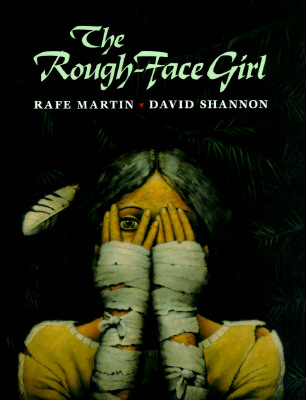
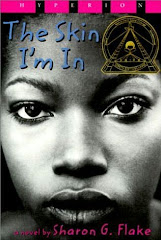
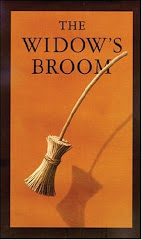

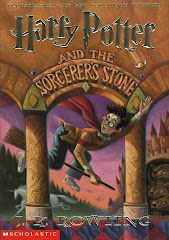
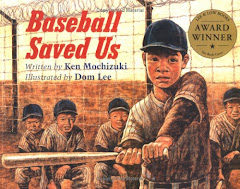
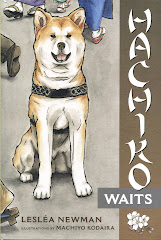



No comments:
Post a Comment